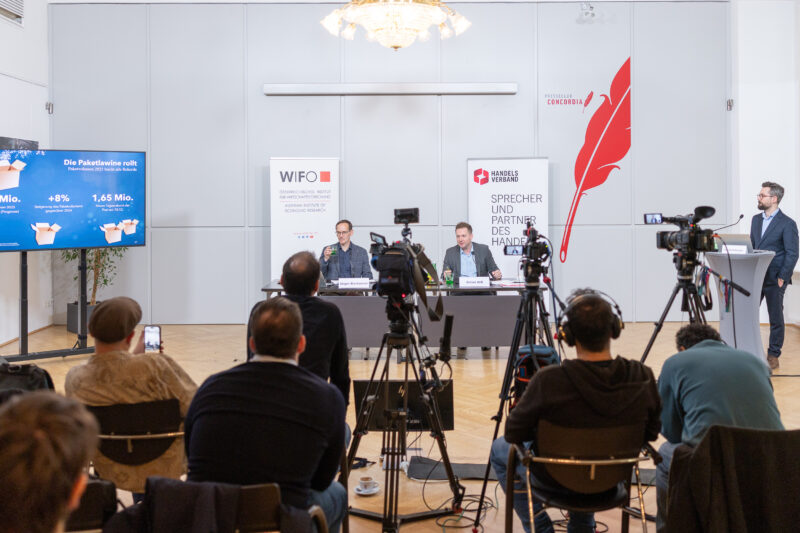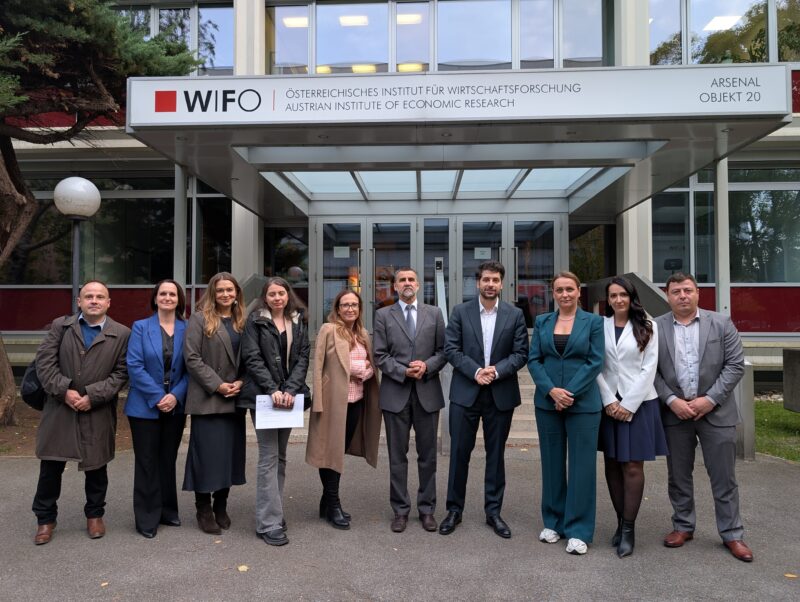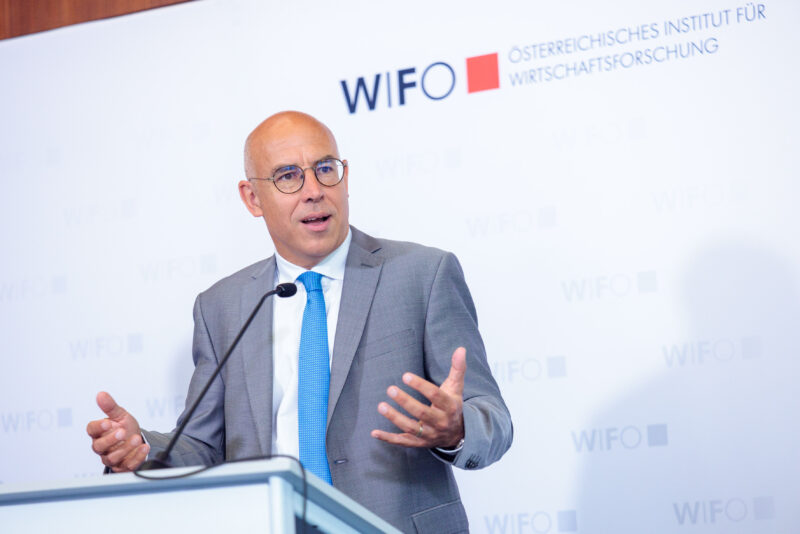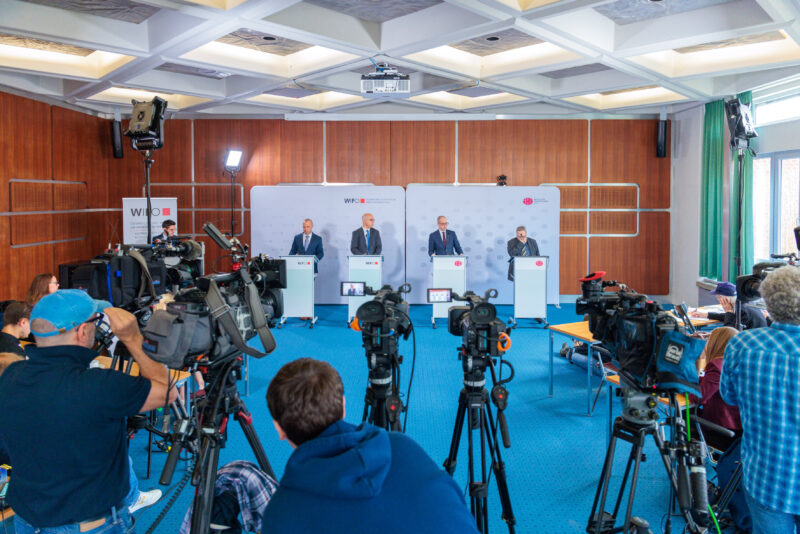
Are Wages the (New) Price Drivers?
Collective wage increases recently accelerated to 8 percent year-on-year. So far, however, they have not caused any additional price increases, but rather resulted from them, as this analysis shows. "While compensation for real wage losses will thus not trigger a "wage-price spiral", it will reinforce the deterioration in price competitiveness resulting from overinflation in Austria. Moreover, it will come at the expense of companies, as the capital outflow to commodity-exporting countries has reduced the margin for distribution," concludes Schiman-Vukan.
In his WIFO Research Brief 9/2023 ("Austria's (Over)Inflation and Its Main Sources") he decomposed inflation in the euro area and Austria into demand-side and supply-side components. Wage shocks were identified separately as a specific supply-side factor. These are wage increases that cannot be explained by the estimated relations between wages, real GDP, and inflation alone. One reason for identifying wage shocks separately, in addition to general demand and supply-side factors, was that Austria's inflation differential with the euro area widened significantly at the same time as collective wage growth accelerated from January 2023 onwards, suggesting a causal link.
Indeed, the acceleration in collective wage growth from January 2023 onwards raised inflation by around ½ percentage point in that month. However, the effect did not last long and faded by March 2023. Thus, over several months, the wage increases could be explained by the estimated relations between the variables over time. In other words, they were a reaction to earlier price developments rather than independent price-driving wage shocks. The widening of the inflation gap was caused by other supply-side and demand-side factors.
As the analysis in Research Brief 9/2023 only extended to March 2023, this result was preliminary, and it remained to be seen whether the fading of the wage shock was permanent. This Research Brief updates the analysis and adds a new identification approach.

Publications
Please contact




















